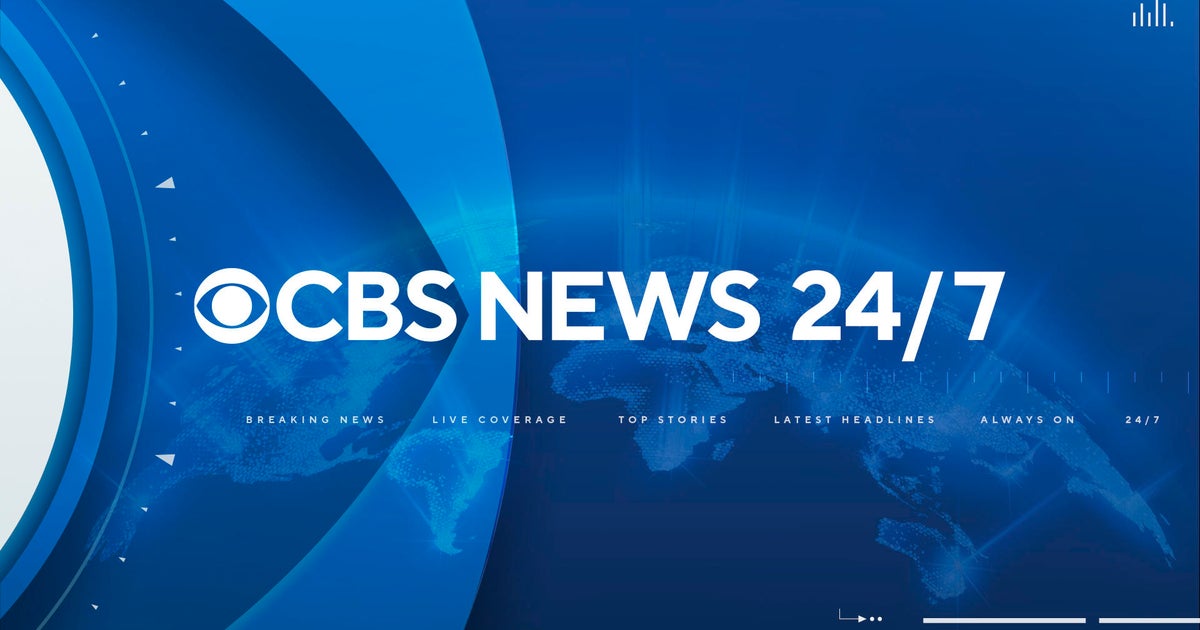Discover In-Depth News Analysis for Present Occasions
Browsing the News Landscape: Tips for Finding Credible Details
In an age where details is bountiful yet often unreliable, browsing the news landscape with discernment is extremely important. Developing the reputation of sources is the primary step, as comprehending the credentials of authors and the reputation of their magazines can significantly impact the quality of information consumed. Furthermore, recognizing predispositions and cross-checking realities are crucial practices for promoting informed perspectives. As we think about these methods, one should wonder about just how to effectively implement them in today's swiftly advancing media environment-- an expedition that may reveal even more than expected about our interaction with information.
Assessing Resource Trustworthiness
Reviewing source credibility is necessary for ensuring the integrity of information in an age marked by details overload. As people navigate various forms of media, from digital short articles to social media networks, critical reliable resources becomes critical. Key aspects to consider when assessing source reliability include the authority of the author, the magazine's reputation, and the proof offered to sustain claims.
First, analyze the author's certifications and experience in the subject. Writers with relevant scholastic or specialist backgrounds are most likely to supply reputable insights. Next, take into consideration the magazine's reputation; established media electrical outlets normally abide by journalistic criteria and fact-checking protocols, making them much more credible.
In addition, examine the top quality and significance of the proof provided. Credible resources frequently cite peer-reviewed research studies, specialist meetings, or main data, which bolsters their cases.
Cross-Checking Information
Cross-checking details is a vital practice for confirming the precision of claims and preventing the pitfalls of misinformation. This process involves contrasting details from multiple trusted resources to establish its validity. When running into an information story or insurance claim, one need to choose extra reporting on the very same subject from different outlets. This aids to identify inconsistencies and verify facts.
To properly cross-check information, it is essential to use diverse resources, including established wire service, scholastic journals, and expert opinions. Each source may give an unique point of view or extra context that improves understanding. In addition, pay focus to the publication dates of the info being examined, as updates or improvements might have been provided.
In addition, take into consideration the context in which information exists. Seek substantiating evidence, such as data, interviews, or direct accounts, that offer reputation to a claim. Be careful of spectacular headlines or mentally billed language, as these can show an effort to control perception.
Recognizing Prejudice and Perspective
Recognizing predisposition and point of view is critical for browsing my explanation the facility landscape of details. Every piece of news is filteringed system via the lens of go to the website the writer's experiences, ideas, and associations, which can considerably shape the narrative provided. As customers of information, it is vital to acknowledge these prejudices, as they can cause distorted perceptions of fact.

It is additionally vital to acknowledge your very own prejudices. Personal beliefs can influence just how you analyze details, making it important to approach news with a critical frame of mind. Engaging with diverse perspectives can assist combat individual biases, permitting an extra spherical understanding of issues.
Inevitably, identifying bias and perspective in information coverage is not merely a scholastic workout; it is an important skill for informed citizenship in a democratic society. By cultivating this awareness, people can make even more informed decisions and add to a much more nuanced public discussion.
Comprehending Fact-Checking Resources
Fact-checking resources play a pivotal duty in discerning the precision of info in an era marked by false information and sensationalism. These sources, that include independent organizations and on-line systems, are dedicated to confirming cases made by public figures, media outlets, and social media sites blog posts. They utilize extensive methodologies to evaluate the credibility of statements, typically mentioning initial sources and supplying context to promote understanding.
Some well-known fact-checking organizations, such as Snopes, next page FactCheck.org, and PolitiFact, concentrate on various subjects, from political unsupported claims to viral web claims. Their work not only unmasks incorrect info but likewise highlights the relevance of evidence-based discussion. By getting in touch with these resources, people can create a much more discerning strategy to the details they come across.
In addition, many fact-checking platforms provide user-friendly interfaces that permit fast searches by subject or case, making it easier for users to locate appropriate details quickly. Involving with fact-checking resources fosters critical thinking and outfits users with the devices required to browse the intricate information landscape successfully, eventually promoting an extra informed public discourse.

Using Trusted News Aggregators
In today's fast-paced info landscape, trusted information collectors offer as important tools for individuals seeking reliable news resources. These platforms put together newspaper article from numerous reliable electrical outlets, giving users with a combined sight of current events. By curating web content from established media companies, collectors aid users avoid the mistakes of misinformation and sensationalism typically widespread in much less reputable sources.
When using news aggregators, it is crucial to pick ones that focus on quality over amount. Try to find platforms that utilize extensive editorial standards, making certain that the information presented is accurate and trustworthy. Popular collectors like Google Information, Feedly, and Flipboard enable customers to customize their information feeds based on subjects of passion, enabling a customized experience that can boost knowledge and awareness.
In addition, aggregators frequently consist of functions such as fact-checking combinations and user scores, even more aiding customers in critical trustworthy info - news. While news collectors are advantageous, customers should continue to be attentive and cross-reference details with main sources when necessary. By leveraging relied on news collectors effectively, people can navigate the intricate media landscape while remaining educated with reliable and diverse perspectives
Verdict
In final thought, navigating the information landscape requires an organized technique to guarantee the intake of reputable details. Additionally, using fact-checking sources and relied on news aggregators boosts the ability to determine precise coverage from false information.